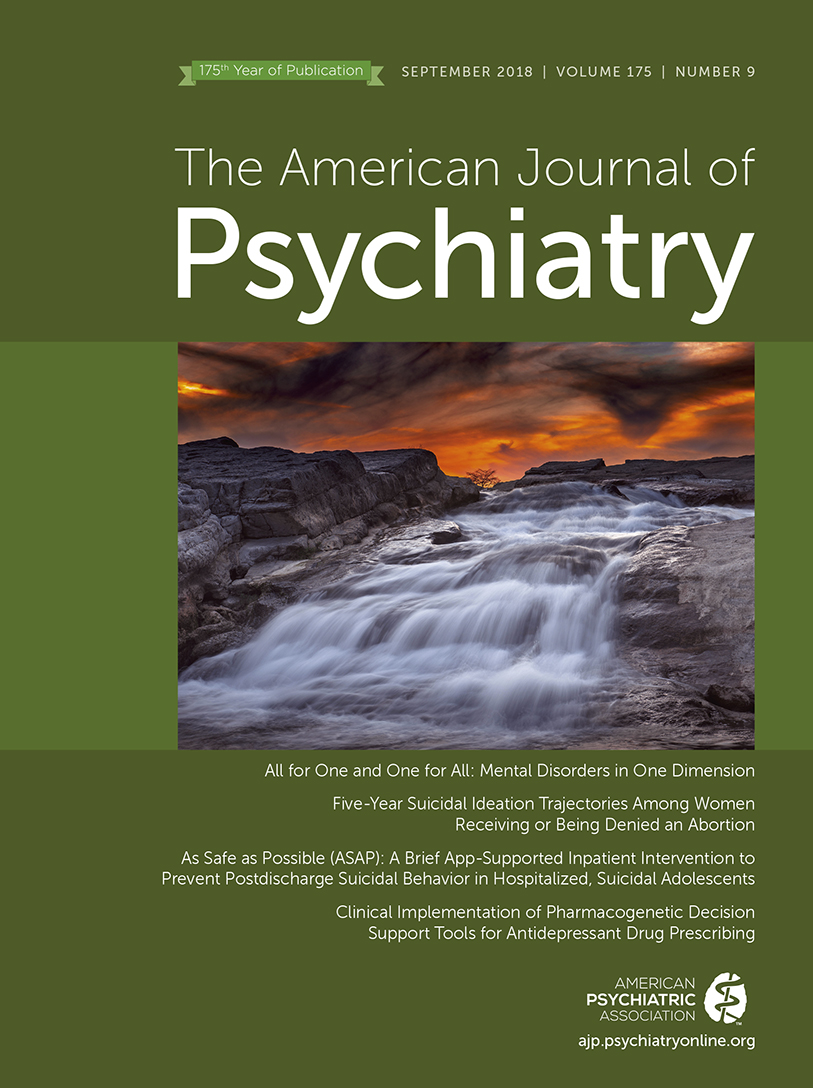The Burden of Bereavement: Early-Onset Depression and Impairment in Youths Bereaved by Sudden Parental Death in a 7-Year Prospective Study
Abstract
Objective:
The authors sought to determine the long-term impact of sudden parental death on youths and pathways between youth bereavement and impairment.
Methods:
Youths (N=216) who lost a parent to suicide, accident, or sudden natural death and nonbereaved youths (N=172) were followed periodically for up to 7 years. The incidence and prevalence of disorder and of functional impairment, as well as pathways to impairment, were assessed using Cox and mixed-effects logistic regression and structural equation modeling.
Results:
Prior to parental death, bereaved youths had higher rates of psychiatric disorder, parental psychiatric disorder, and maltreatment. Even after adjustment for predeath risk factors, bereavement was associated with an increased incidence of depression, posttraumatic stress disorder, and functional impairment. The peak incidence of depression was in the first 2 years postbereavement, with incident depression occurring mainly in those who lost a parent at age 12 or younger. Youths bereaved by all three causes of death showed higher rates of impairment at all time points. Structural equation modeling found that bereavement had a direct effect on impairment and was also linked to impairment via its effects on early and later depression and through negative life events. Child psychiatric disorder prior to parental loss also contributed to functional impairment.
Conclusions:
Parental death increased the incidence of depression in offspring early in the course of bereavement. Early identification and treatment of depression in bereaved youths and augmentation of family resilience may protect against later sequelae of functional impairment.



